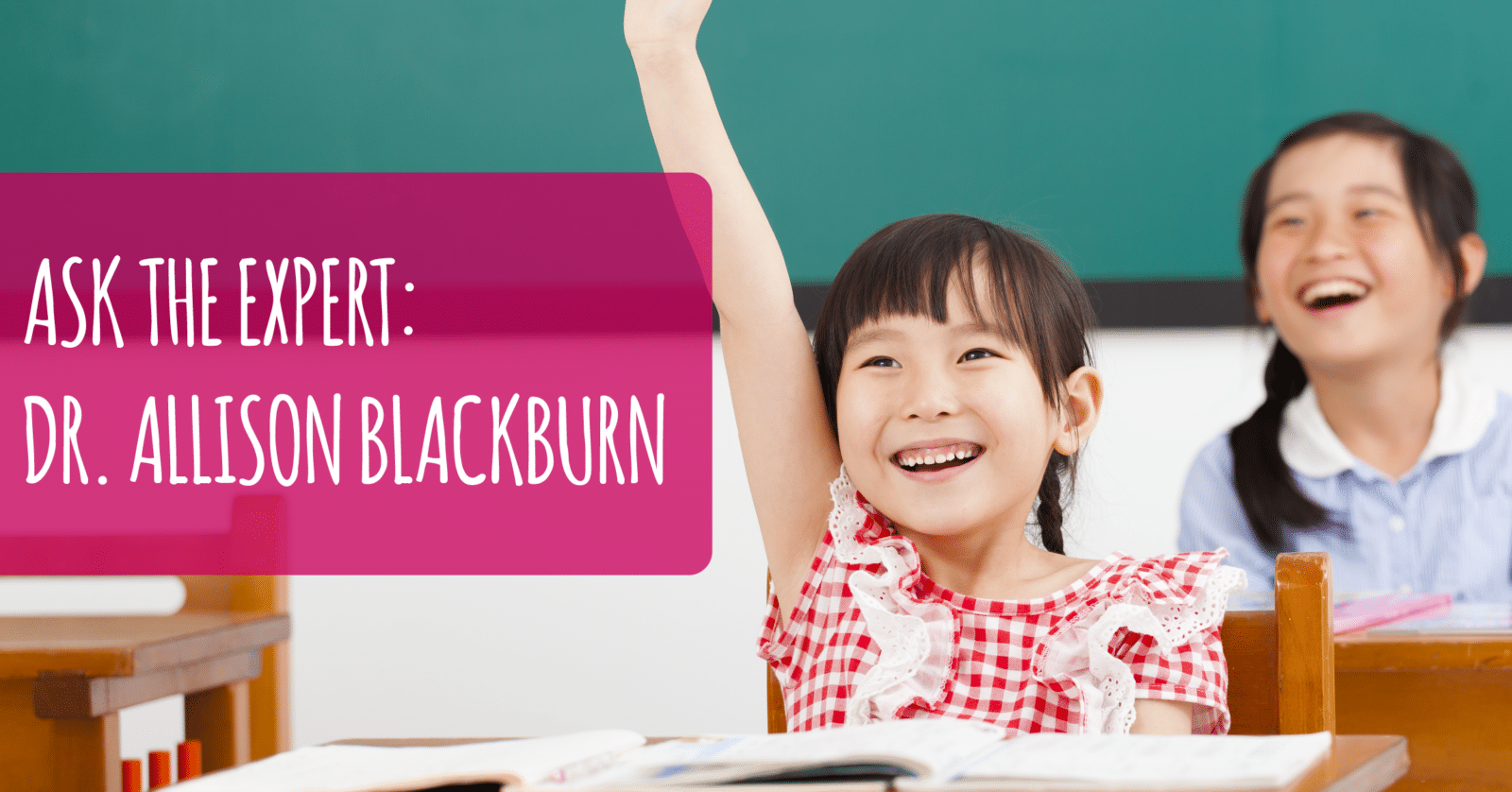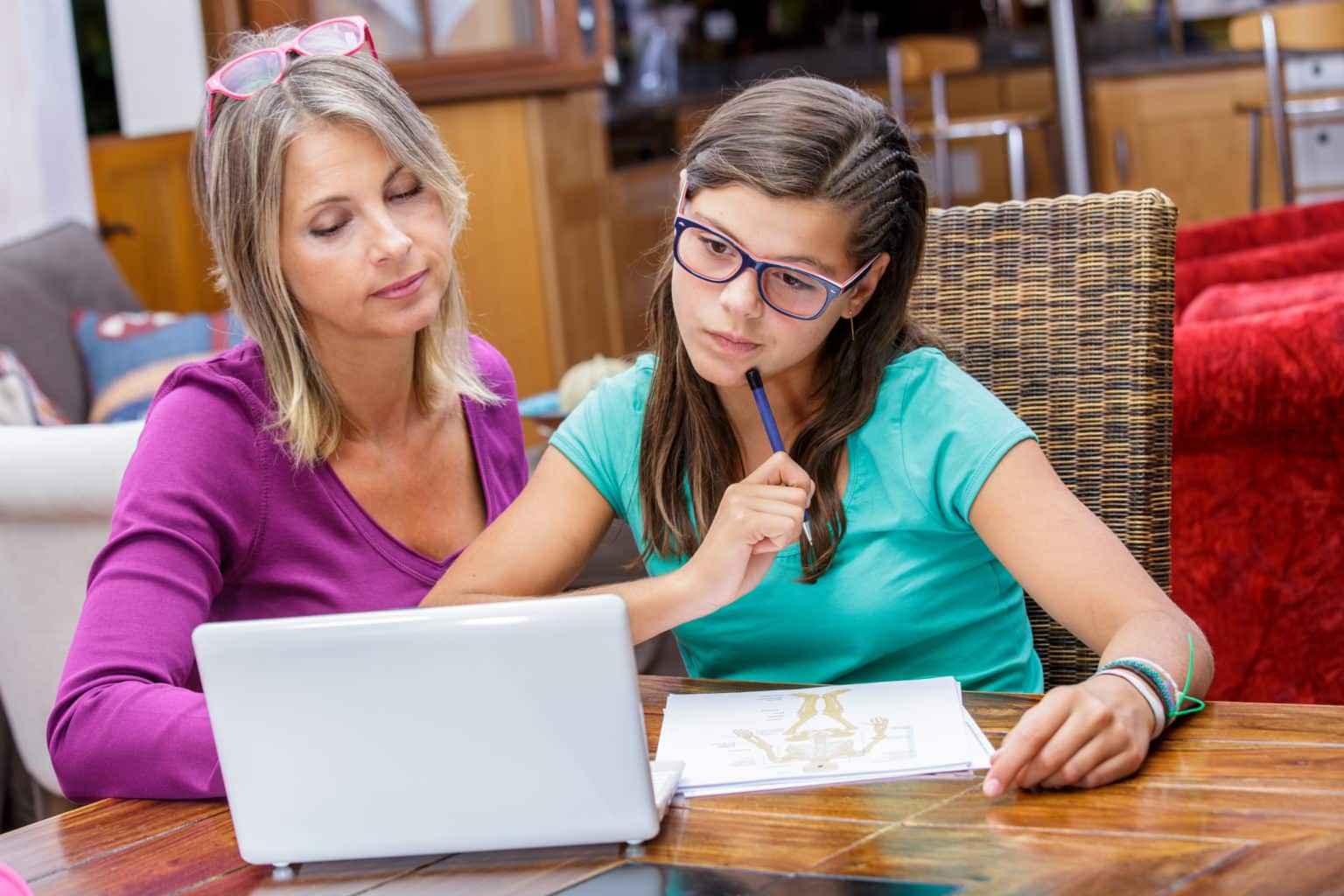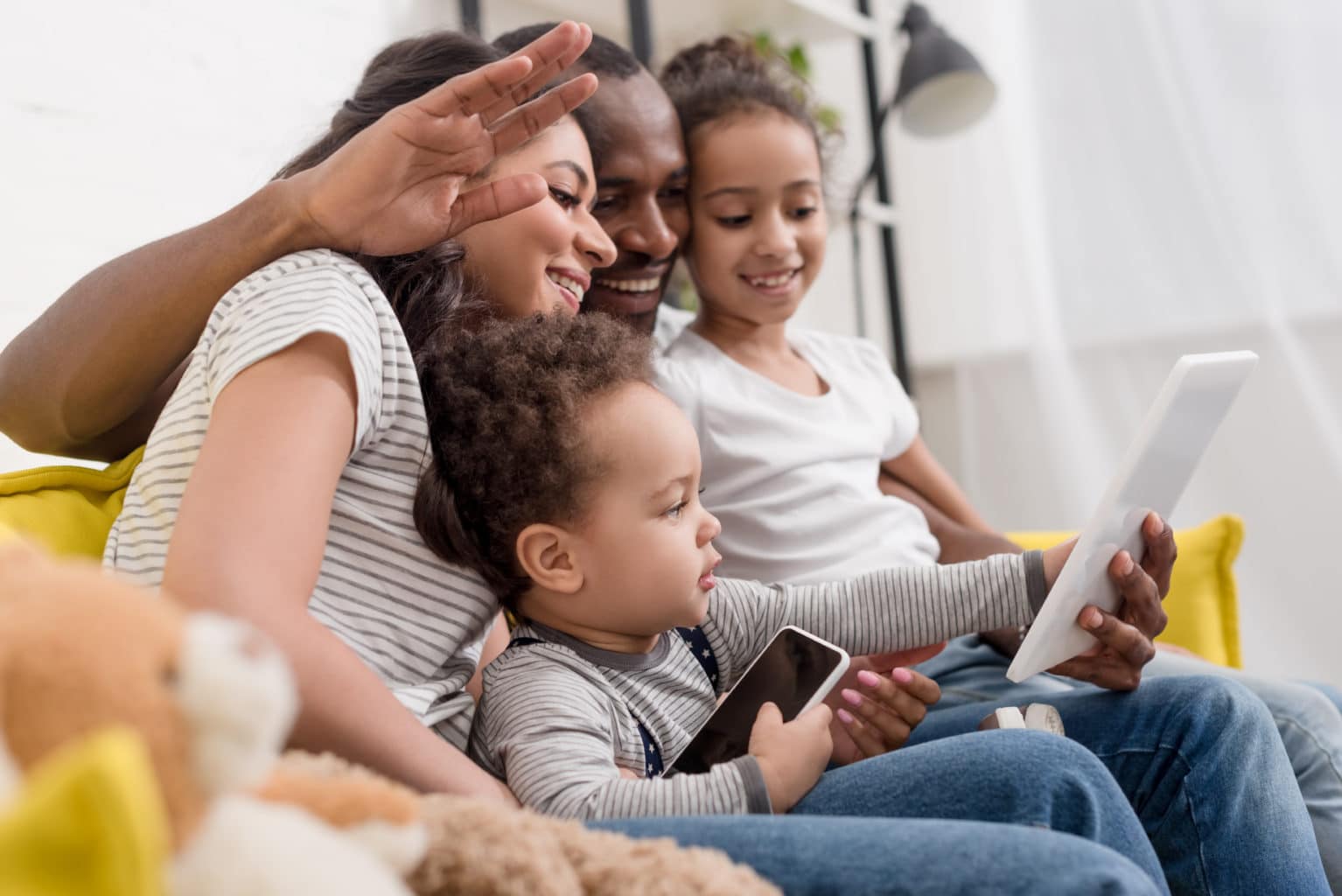
In partnership with Cincinnati Children’s Hospital, the #3 Children’s Hospital in the country, First Student has turned to expert in behavioral psychology, Dr. Allison Blackburn, for some tips on how to help children as they navigate a new reality of social distancing and remote learning. In our new three-part “Ask the Expert” series, we will address 1) dealing with uncertainty, 2) establishing strong routines, and 3) stress and behavioral changes in your child.
The novel coronavirus outbreak has upended routines around the globe. In North America, most schools have been closed for several weeks, in an effort to help stop the spread of the novel coronavirus. These school closures have implications beyond remote learning considerations.
Dr. Allison Blackburn, a behavioral psychologist at Cincinnati Children’s Hospital, and her team have been working on gathering resources to help school administrators and parents successfully tackle this constantly changing environment. Below, Dr. Blackburn shares her top three tips to help students acclimate to change and establish a strong routine for remote learning during stressful and uncertain times.
How can we help students deal with uncertainty? Can you share your top tips?
DR. BLACKBURN: Fortunately, a lot of professionals have been working around the clock to get resources and materials out there for families to use at home.
There are a number of online social narratives that can help explain the coronavirus and related concepts to children of all developmental levels.

1. Create open communication
You want to be able to give facts and answer questions from your child truthfully and accurately. Open the door for communication and invite questions.
At the same time, monitor how you are talking about the world news and your own anxieties around your children. It is normal to feel anxious about COVID-19, but we can still use healthy coping skills to ease that anxiety.
2. Reach Out
Social distancing is hard and can feel isolating. I like to think about this as “physical distancing” instead. We are fortunate that there are so many ways to help us feel connected to each other using technology.
If your child is missing an adult from their school (e.g., teacher, school bus driver, or aide), reach out and see if that person can send a video or email with some words of encouragement. Talk to your child about how everyone is practicing “physical distancing” right now, including bus drivers, teachers, and cafeteria staff, but that these measures are temporary and will not last forever.

3. Establish a Strong Routine
It’s important to try to maintain some type of schedule and structure, although it will naturally look different than a typical school day. We know routines are shifting but try to establish what the “new normal” looks like during the day. Predictability reduces anxiety.
If you find yourself having to pester your child to get the academic work done during the day, try to balance it out with some low demands and positive quality time in the evenings (e.g., game night, family movie night, cooking together, etc.)
When possible, help your child to avoid excessive amounts of TV, video games, and tablet time, as these activities are less likely to facilitate positive family interactions. To promote good sleep hygiene, go to bed and wake up around the same time each day, even on the weekends.
Remember to give yourself grace when strategies do not work exactly how you expect.
A first step in coping is understanding. Check out these social stories below for resources in helping your child understand COVID-19.
Dr. Blackburn’s suggested resources:
- Don’t Share Your Germs! A Social Story About Staying Healthy, Autism Society of NC
- Coronavirus Social Story, Easterseals
- Supporting and Reassuring Children Around the World, Manuela Molina Cruz (Available in Multiple Languages)
- My Story About Pandemics and the Coronavirus, Carol Gray
- Everyone gets sick sometimes., Autism Speaks
- A Social Narrative about Coronavirus, Autism Society of North Carolina
Download our printable guide to coping with uncertainty to use at home.